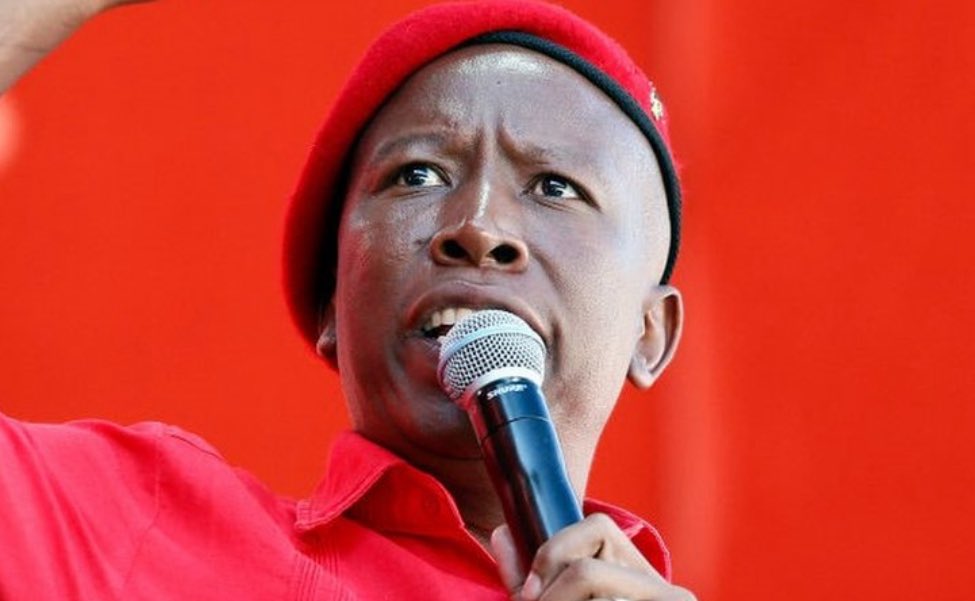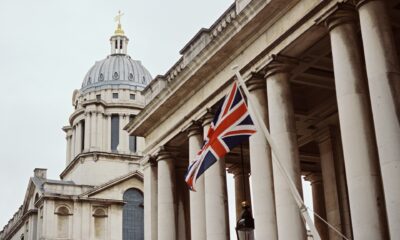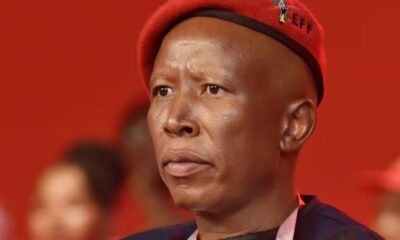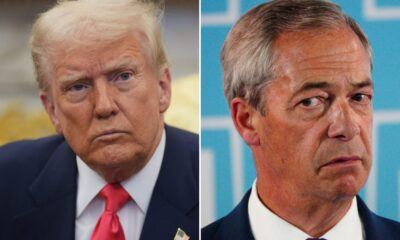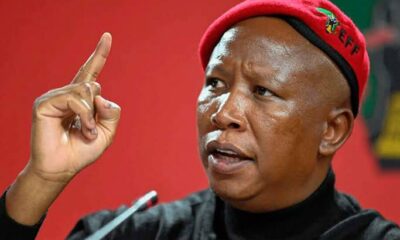EFF leader once more denied entry to Britain as UK government draws a hard line on speech and associations
South Africa’s Economic Freedom Fighters (EFF) leader Julius Malema has been officially denied a UK visa, again in a move that both echoes and sharpens a growing international concern about how countries treat controversial political figures.
The UK’s Home Office issued a firm decision on Wednesday, saying Malema’s presence in the country would “not be conducive to the public good.” The decision cited his support for Hamas, a banned terrorist organisation under UK law, and a pattern of racially inflammatory rhetoric as key reasons for the ban.
It’s a political flashpoint not just for Britain and South Africa, but for the wider debate about freedom of expression, global security, and the blurry line between political dissent and extremism.
The Red Flag Waved: What Triggered the Ban
In a detailed letter dated June 17, 2025, the UK authorities laid out why they believed Malema’s entry could endanger the public interest.
At the top of the list was his vocal endorsement of Hamas and Hezbollah, including a controversial televised interview in which he described the October 7 attacks by Hamas on Israel as “a legitimate act of resistance.”
The UK, which designated Hamas as a terrorist organisation in 2021, considered such statements a clear violation of its “unacceptable behaviour” standards under immigration law standards that bar individuals who incite, justify, or glorify terrorist violence or racial hatred.
The Home Office also cited several of Malema’s older public remarks, including the infamous 2016 quote that the EFF was “not calling for the slaughter of white people at least for now.” In a 2022 court appearance, Malema doubled down, refusing to rule out saying something similar in the future.
All of this, the Home Office concluded, amounted to a troubling record that disqualified him from entering the UK. The decision came with a chilling finality: “There is no right of appeal or administrative review in relation to this decision.”
A History of Visa Drama
This isn’t Malema’s first brush with British immigration officials. Just last month, he was barred from attending the Africa Together Conference at Cambridge University, despite applying on time and paying for priority visa processing.
At that time, the British High Commissioner to South Africa, Antony Phillipson, issued a formal apology to Malema, citing UK public holidays and internal delays as the cause, but Malema wasn’t buying it.
The EFF leader slammed the delay as politically motivated, accusing the UK of trying to silence voices critical of the West’s foreign policy. He claimed the visa would be granted by 3:30pm on the day of departure, but instead got a rejection at OR Tambo International Airport with no time to appeal.
Now, that temporary mishap has become an official ban and one that could last indefinitely. The Home Office made it clear: unless Malema radically changes his stance, future applications are unlikely to succeed.
Public Reaction: A Divided Crowd
Back home in South Africa, public reaction has been split.
Supporters of Malema see the UK’s move as a targeted attempt to muzzle African resistance and suppress anti-imperialist voices.
“This is just another example of the West deciding who gets to speak,” wrote one EFF supporter on X (formerly Twitter).
But critics, including some across the political spectrum, say the UK’s decision is a reasonable response to inflammatory rhetoric.
“Malema has danced on the line of hate speech for years,” said one Johannesburg-based political analyst. “You can’t be surprised when other countries decide that line’s been crossed.”
Global Implications: Censorship or Caution?
This case isn’t just about one politician. It plays into a wider global debate:
Should democracies admit figures with controversial or radical views in the name of free speech? Or should they draw the line when such views flirt with the boundaries of incitement and hate?
Britain’s position, at least in this case, is clear: speech has consequences, especially when that speech glorifies violence.
Yet for Malema and his supporters, the visa ban is less about safety and more about politics. And for a party like the EFF built on defiance, disruption, and the rejection of Western liberal norms — this ban may only reinforce their narrative.
The UK has made its position clear: Julius Malema’s rhetoric is unwelcome. Whether you see this as justified protection or political overreach, one thing is certain, Malema’s voice, for now, won’t echo through the halls of Westminster or the lecture rooms of Cambridge. But in South Africa, his words will no doubt grow louder.
